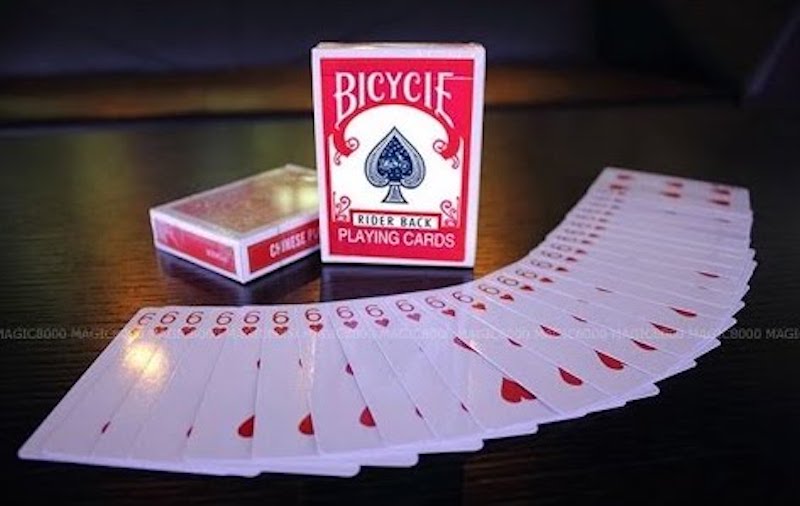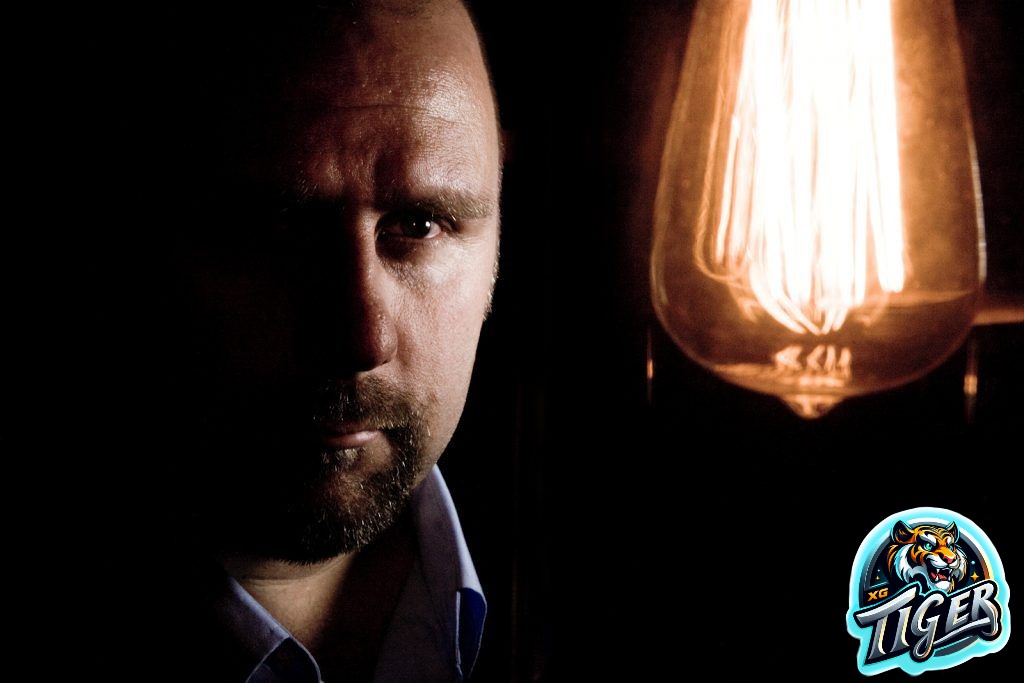Table of Contents
I’ve mentioned my past flirtation with the art of the pitchman and I remain a big fan of their methods, from late night “infomercials” to multi-million dollar advertising campaigns.
These methods are seemingly simple, innocuous or – as they are often described – subtle, but they can have a powerful effect on the decisions we make in all walks of life.
In this article at Xgtiger Casino, I’m going to describe the lessons I learned selling a deck of magic cards where the real art proved to be how people were being manipulated.
Let’s Go Back In Time
In the late 1980s, I found myself employed by a rather odd little man who set up “Svengali” pitches around the UK using young people – often magicians – as pitchmen for a deck of cards that could perform multiple astonishing card tricks that were then offered for sale at an inflated price.
I stumbled into this job thanks to a fellow magic performer who connected me.
After a brief audition period, I was shipped from Glasgow in Scotland to Newcastle in the north of England where I was installed in Fenwick Department Store to gather crowds, amaze them with these magical cards, then hit them with a carefully-designed sales pitch.

In fact, I was pretty lousy at this from the outset and my sales were so noticeably poor that my boss returned after my first week and secretly watched me work.
Later, he explained a few hard truths to me, the most disappointing of which was that my sleight of hand skills were hurting my bottom line!
The way he put it was that the real skill was in making ordinary people believe they could perform these miracles merely by buying the special cards and to convince them I had no unusual abilities or experience beyond what the trick deck of cards provided.
In other words: Stop showing off and act like your hands are all thumbs.
Hide Your Skill, Appear Normal
This approach, combined with a strict adherence to my employer’s proven sales patter worked wonders and my sales rocketed from almost nothing to being one of his better pitches.
But when he returned a few weeks later to chop money and catch up, he offered more advice on how to increase sales with a few subtleties designed to open people’s purses and wallets.
My sales improved overall but more interestingly, I saw greater consistency in my pitches; whereas I might have the occasional no-sale pitch, almost every pitch I gave after adopting those psychological tricks paid off, so my confidence soared.
One of those little tricks was incredibly simple in principle and amazingly effective in practice.
Subtle Doesn’t Mean Weak
These “little tricks” seemed (at first) too subtle to really work but were in fact, extremely effective.
I would begin by building a crowd, which is not as easy as it sounds.
Any street performer will tell you that making people gather to watch their show is one of the hardest skills to master but keeping that audience can be even harder!
For a pitch at a table in a store or a mall, I could work for five or 50 people but only if I could command their attention from the beginning to the end, otherwise the whole exercise would be pointless.
A trick I was taught to attract people to my table was to simply begin the scripted pitch for nobody!
That’s right: Just start talking and performing and hope that people will come.
And people did come.
Once one person had stopped to watch, another would stop and another and soon I would have enough to bring them all closer and form a mini audience that never failed to attract even more people behind them.
As soon as I had maneuvered people to “see better” and formed the beginnings of my crowd, I would begin the pitch all over again, exactly where I started when I was alone at the table.
This worked because people are naturally curious but also reluctant to engage with strangers or feel exposed to unwanted sales pressure.
The key to success was to present what I was doing as a show – NOT a sales pitch – and to keep reminding people that the show was “free”.
I soon learned that these potential customers would quickly walk away if I came at them too quickly with the pitch, so the second phase was a performance framed as a demonstration of this amazing deck of playing cards that could somehow read minds, or make cards vanish or reappear entirely thanks to its remarkable – but secret – properties.
And once people saw what those cards could do, they would be hooked just enough to see how they worked.
And if they stayed to see how they worked, they would stay to hear the pitch.
And during this pitch a final psychological trick was used to trap even the most cynical of buyers into a sale.

A Simple Psychological Trick
Having brought a crowd of strangers this far, it would be a waste of my time to let them leave without buying whatever I was pitching but this can be a delicate moment in any pitch of this nature.
The price (at the time) was quite high.
In fact, that same deck of magic cards could be purchased from any magic shop for a fraction of the price, but my employer had stacked the end of the pitch with several psychological weapons that when used correctly, made it very hard for people to resist.
It was all about perceived value.
First, I would perform two other tricks during my pitch using their own special packets of cards and quite often, these tricks would attract attention from certain types of people who wanted to perhaps win some money in a bar (with a special version of Three Card Monte) or read someone’s minds (with a classic but easy mentalism feat) but these additional tricks were never for sale.
Instead, they were included in a package that I would collate at the end of the pitch.
After demonstrating the cards, I would introduce a large box that looked like a jumbo deck of playing cards and into that box I would place the (ordinary sized) cards I had just performed with and then I would toss in the Monte trick and the Mind Reading trick as “bonuses” before closing the box and placing several identical jumbo boxes on the table.
Only once I added all of that “value” did I tell them the price.
While this was truly effective, it had a fatal flaw because the pitch was over and the product was still in my hands.
People could (and would) still walk away but thanks to one of the most powerful subtleties my employer shared with me, sales more than doubled and fewer people left my table without a box of those cards!
Imagine that – one little “trick” that doubled my profits, overnight.
What was it?
It’s so simple, I still have trouble believing it was so damned effective.
After introducing the boxes and adding the “package”, I would hand out those boxes instead of placing them on the table and would comment on the size and weight and what a fantastic gift this “magic set” would make.
In fact, I later came up with the idea of wrapping several boxes complete with a bow and placing those behind me!
At the end of my pitch, I would also hand out a wrapped box and this served to convince even the most dubious of people to buy!
Why these little touches work so well, I am not qualified to say but they were so effective that I see variations employed everywhere from a car showroom to an online app store or a website that seems to go on forever without revealing the price of a product but subtly describing all the amazing benefits of their product.
Conclusion
Are you an avid gaming fan and want to know how to bet on online casino games? At Xgtiger, you’ll get the latest information on this year’s best casino games and a variety of gaming options, all in one place.
To start your online gambling journey, all you need to do is create an account on the site, deposit funds and you’ll be ready to bet on the best and most anticipated casino games.
Frequently asked questions
Strategies to Win at the Casino
Avoid flashy games with the lowest odds, like slot machines. Get better odds by sticking with table games like blackjack. Play at calmer craps tables for better focu






